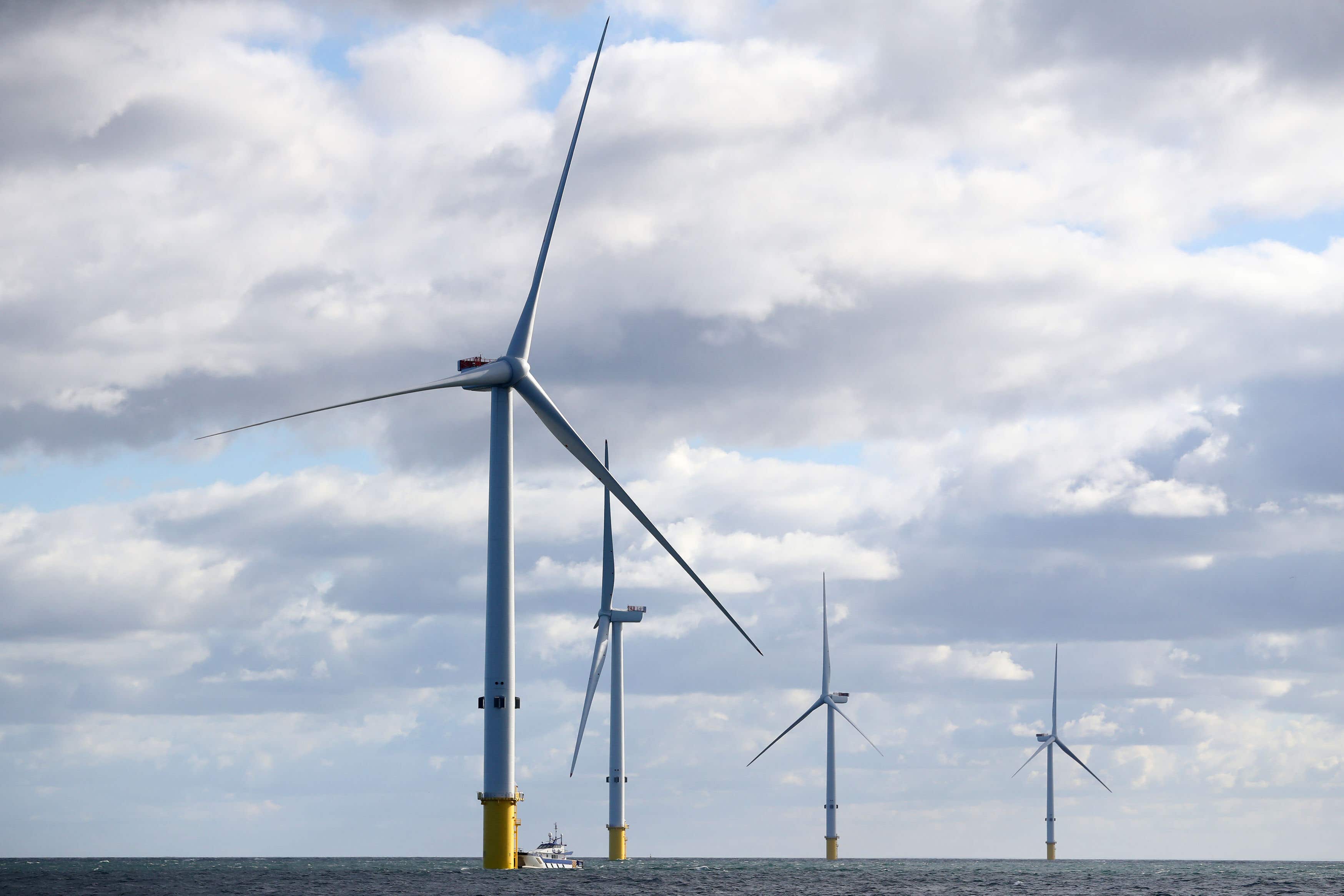ARTICLE AD BOX
Orsted, the world's leading offshore wind developer, has announced it is halting work on its Hornsea 4 project, a significant setback for the UK government's clean energy ambitions.
The planned North Seawind farm, projected to power more than a million homes, has fallen victim to escalating costs and financial risks.
The company cited rising supply chain expenses, increased interest rates, and the growing risk of project delays as key factors in its decision. These challenges, Orsted explained, have "increased the execution risk and deteriorated the value creation of the project."
This announcement comes as a blow to the UK's ambitious renewable energy targets.
The government aims to significantly expand the nation's renewable energy capacity, primarily through offshore and onshore wind and solar power, as part of its strategy to decarbonise the power grid by 95 per cent by 2030. The Hornsea 4 project was expected to play a major role in achieving this goal.
Chief executive Rasmus Errboe said: “I’d like to emphasise that Orsted continues to firmly believe in the long-term fundamentals of and value perspectives for offshore wind in the UK.
“We’ll keep the project rights for the Hornsea 4 project in our development portfolio, and we’ll seek to develop the project later in a way that is more value-creating for us and our shareholders.”

The Danish energy company said the move could cost it up to £513 million in break costs from cancelling contracts with suppliers.
A spokesperson for the Department for Energy Security and Net Zero said: “We recognise the effect that globally high inflation and supply chain constraints are having on industry across Europe, and we will work with Orsted to get Hornsea 4 back on track.
“We have a strong pipeline of projects to deliver clean power by 2030 and our mission-led approach ensures we can steer our way through global pressures and individual commercial decisions to reach our targets.”
Orsted has had a difficult few years, after high interest rates worsened the economics of developing renewable energy, and it recently replaced its former chief executive with Mr Errboe earlier in 2025.
It said in February that it would cut investment to 2030 by 25 per cent, as part of an attempt to restore its falling share price, which has dropped more than one-third in the last year.
Meanwhile, the state-backed firm’s recent foray into the US was also delivered a significant blow when Donald Trump was elected, promising to halt green energy and refocus on fossil fuels.
Andrew Bowie, the Conservative acting shadow energy secretary, said the decision indicated that the UK Government’s net zero goal is “not sustainable”.









 English (US) ·
English (US) ·